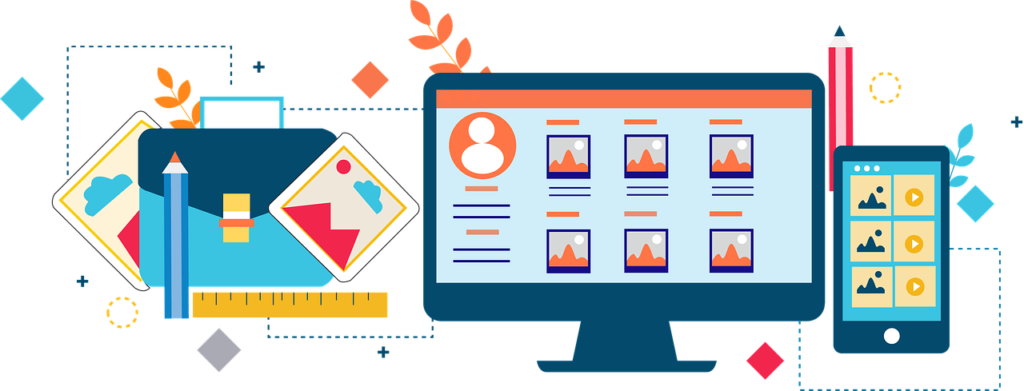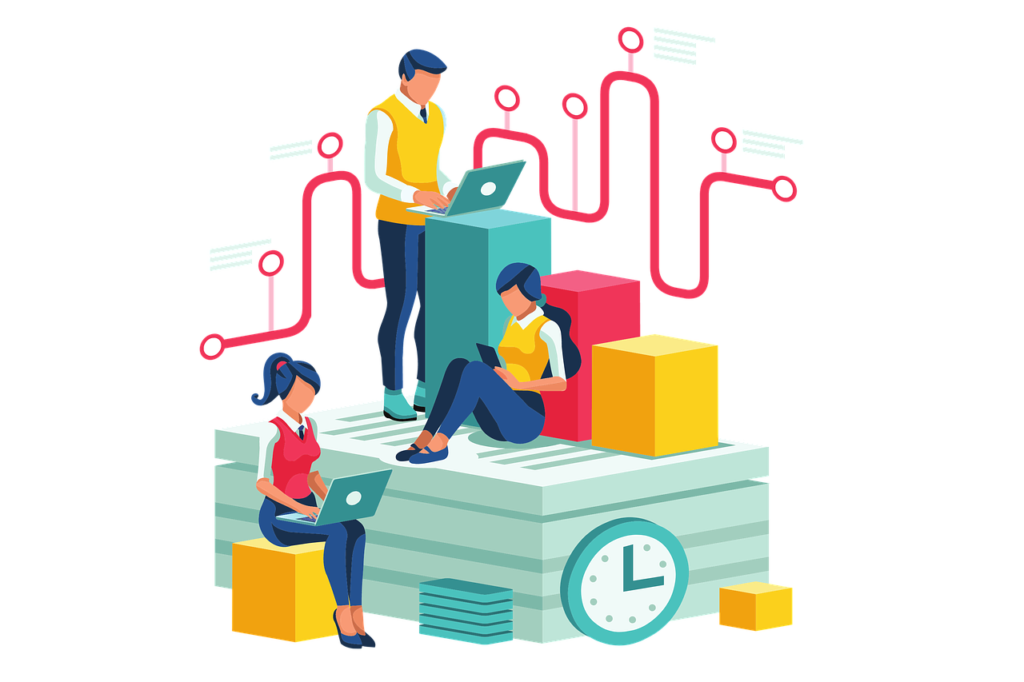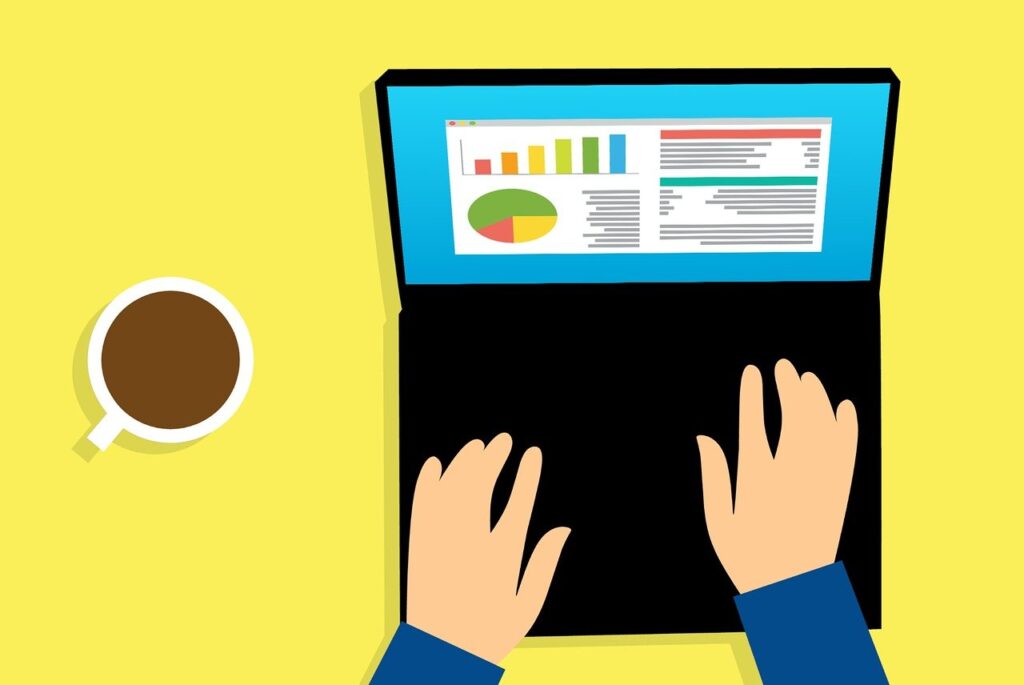Software

Business Operations:
Businesses often require software for core operations such as accounting, customer relationship management (CRM), enterprise resource planning (ERP), human resources management, and project management. These software solutions help streamline processes, improve efficiency, and facilitate decision-making.
Productivity Tools:
Productivity software includes tools like word processors, spreadsheets, presentation software, and email clients. These applications are essential for creating, editing, and sharing documents, analyzing data, and communicating effectively within teams and with external stakeholders.


Specialized Applications:
Certain industries or professions may have specialized software needs tailored to their requirements. For example, graphic designers may require software for image editing and design, engineers may need computer-aided design (CAD) software, and healthcare providers may use electronic health record (EHR) systems.
Security Software:
With the increasing prevalence of cyber threats, security software is crucial for protecting sensitive data, networks, and systems from unauthorized access, malware, and other security risks. This includes antivirus programs, firewalls, encryption software, and intrusion detection systems.


Collaboration Tools:
Screens, projectors, speakers, and headphones render audio and video content for audiences. These devices vary in size, resolution, and functionality, from large-scale cinema screens to handheld mobile devices.
Customer-Facing Software:
Businesses often rely on software to interact with customers and provide services efficiently. This may include customer relationship management (CRM) systems, e-commerce platforms, helpdesk software, and content management systems (CMS) for managing web content.


Analytical and Reporting Tools:
Analytical software helps organizations analyze data to gain insights and make informed decisions. This includes business intelligence (BI) tools, data visualization software, and statistical analysis packages, which enable users to extract valuable information from large datasets.
Mobile Apps:
With the widespread adoption of smartphones and tablets, mobile apps have become essential for reaching customers, delivering services, and facilitating communication on mobile devices. Businesses may develop custom mobile apps or leverage existing platforms to engage with users on the go.

In summary, identifying and fulfilling software needs is essential for organizations and individuals to operate efficiently, achieve their objectives, and stay competitive in today’s digital landscape. It requires careful assessment of requirements, selection of appropriate software solutions, and ongoing maintenance and updates to ensure optimal performance and security.
